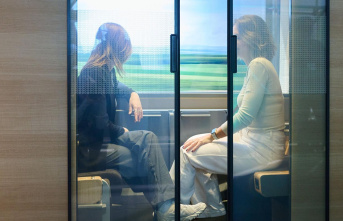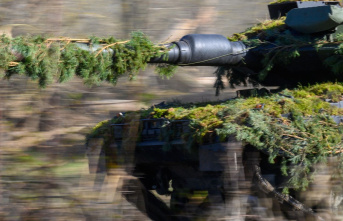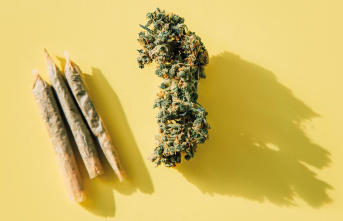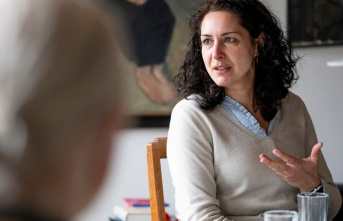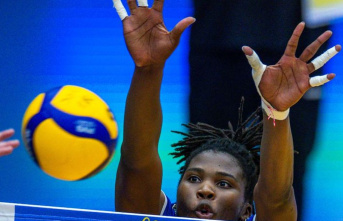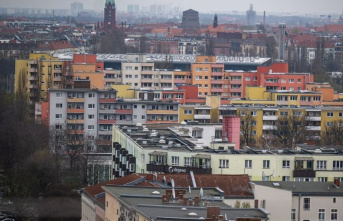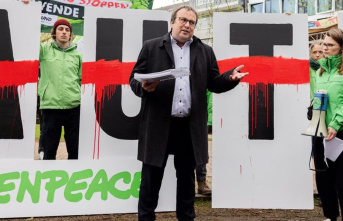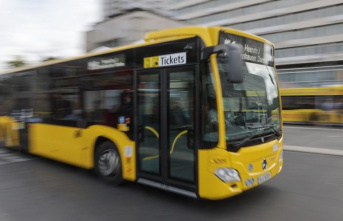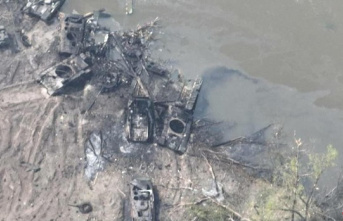Finland usually coexists between topics. Very cold, many saunas, a happy country and education on another level are some of them. The typical is not far from reality. The Nordic country, which has decided to break with years and years of non-alignment and apply to join NATO, leads several international rankings that reinforce its example in terms of the Welfare State.
The adjective that most accompanies it is that of “happiest country in the world”. In fact, Finland has been leading the World Happiness Report for five years in a row, a list drawn up by the United Nations in which six variables are analyzed to determine the level of happiness in a country: income per capita, social support, life expectancy, freedom of choice, generosity and corruption.
Spain, in this table, reaches position number 29.
In the sixth variable analyzed by the UN, that of corruption, the country ranks first, tied with Denmark and New Zealand, according to the latest Corruption Perceptions Index published by Transparency International. This index classifies countries by scoring them from 0 (very corrupt) to 100 (very clean) according to the level of perception of corruption in the public sector that their inhabitants have. In the case of Finland, the score is 88; in Spain, 61. South Sudan, according to the ranking, would be the most corrupt country according to its inhabitants, with a score of 11.
Another international list that the country leads is the Digital Economy and Society Index (DESI), an annual report published by the European Commission that monitors the progress of the EU Member States in the digital field, see internet use, implementation and coverage of fixed and mobile broadband, digitization of companies...
Finland also does well in The Economist's Democracy Index, which determines the rank of democracy in 167 countries based on indicators related to civil liberties, the functioning of government or political participation. In this case, in the 2021 report, it ranks third, only behind New Zealand and Norway.
In 2001, the OECD published for the first time the report of the International Program for Student Assessment, popularly known as the PISA report, a study that measures the performance of students in mathematics, science and reading. Finland surprised everyone and rose among the top positions, being considered since then and in successive reports a country of academic excellence.
However, the passing of the years has revealed gaps in its educational system. The latest PISA report, from 2018, places it, for example, between 12th and 18th place among all participating countries and regions in mathematics and, in scientific competence, despite maintaining high positions, it has worsened its performance by 41 points. result since 2006.
In 2018, the majority teachers' union in the country called for an investment of around 1,000 million euros "to return to our 2012 level and to the quality of Nordic secondary education", referring to countries such as Denmark, Norway or Sweden.
“Being a member of NATO would strengthen Finland's security. As a member of NATO, Finland would also strengthen the Alliance as a whole. Finland must be a candidate for accession without delay," President Sauli Niinisto and Prime Minister Sanna Marin considered in a joint statement.
The position taken by the two leaders marks the trend that the country will follow, which shares a 1,300-kilometer border with Russia, to which it is linked by a past of wars. Finland was a Russian province (from 1809 to 1917) and was also invaded by the Soviet Union in 1939. Subsequently, it was subjected to forced neutrality by Moscow during the Cold War, an aspect with which it has decided to break.
Popular support also endorses the decision: 76% of the 5.5 million Finns are in favor of joining NATO, according to a survey published last Monday. Before the war in Ukraine this percentage was around 25%.
2


